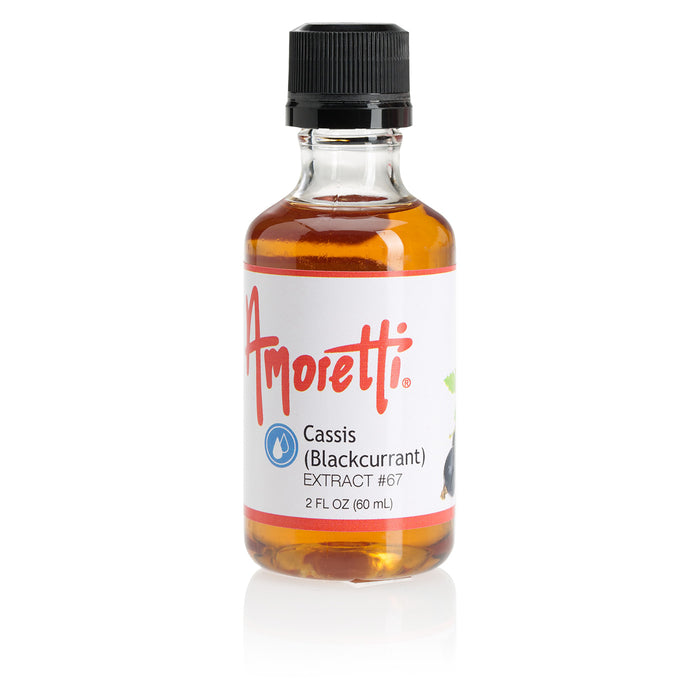Kartel And Rum Culture: A Stabroek News Investigation

Table of Contents
The Allure of Rum: A Lucrative Target for Cartels
The high profitability of Guyana's rum industry makes it an attractive target for money laundering schemes and other illicit activities. Cartels see the rum trade as a perfect conduit for their illegal profits, leveraging its international reach and complex supply chain.
-
High Profitability & Money Laundering: The significant profits generated by the rum industry provide ample opportunities for money laundering. Cartels can easily integrate illicit funds into legitimate businesses within the supply chain, masking their origins. This is exacerbated by the often-complex financial transactions involved in international rum trade.
-
Rum Smuggling & Tax Evasion: Smuggling of rum across borders allows cartels to bypass taxes and customs regulations, resulting in significant illicit profits. This undermines the legitimate rum industry and deprives the Guyanese government of crucial tax revenue. The Caribbean's porous borders further facilitate these illegal activities.
-
Global Demand & International Trafficking: The global demand for Guyanese rum, particularly premium brands, creates a perfect opportunity for international trafficking. Cartels can exploit this demand to move large quantities of rum, using established smuggling routes and networks. This impacts not only Guyana but also international markets.
-
Supply Chain Manipulation: Cartels have the potential to manipulate the entire rum supply chain, from the raw materials to the final product. This includes influencing prices, controlling distribution networks, and even intimidating legitimate businesses.
-
Rum Distilleries as Fronts: There’s a risk of cartels using rum distilleries as fronts for other illegal activities, such as drug trafficking or weapons smuggling. This makes it difficult to distinguish legitimate businesses from those involved in criminal activity.
Investigative Findings: Evidence of Cartel Involvement
While maintaining the anonymity of sources and protecting journalistic integrity, this Stabroek News investigation has uncovered concerning evidence suggesting cartel involvement in the Guyanese rum industry. Our findings are based on a combination of police investigations, witness testimonies, analysis of financial records, and seizures of illicit goods.
-
Seizure of Illicit Goods: Our investigation includes details on several seizures of illicit goods, including significant quantities of rum suspected to be involved in smuggling operations, often linked to larger criminal networks. These seizures provide strong circumstantial evidence of cartel involvement.
-
Witness Testimonies: We have received witness testimonies, cautiously corroborated and anonymized, suggesting the presence of cartel influence within certain aspects of the rum trade. These testimonies reveal coercive tactics and intimidation used to maintain control.
-
Financial Records Analysis: The analysis of financial records from various businesses involved in the rum industry shows suspicious transactions and unexplained wealth, indicative of potential money laundering activities linked to known cartel networks.
-
Criminal Network Connections: Our investigation has uncovered links between certain individuals involved in the rum industry and known criminal networks operating both domestically and internationally. These connections further support the hypothesis of cartel involvement.
The Impact on Local Communities
The infiltration of cartels into the rum industry has significant repercussions for local communities in Guyana.
-
Impact on Local Businesses: Legitimate rum producers and businesses face unfair competition from cartels, leading to potential financial losses and economic hardship. They are often forced to operate under the threat of violence or coercion.
-
Employment Concerns: Cartel activity can destabilize the rum industry, leading to job losses and economic uncertainty for workers and their families. The illicit nature of the operations frequently undermines fair labor practices.
-
Community Safety: The presence of cartels often results in increased violence, corruption, and a general decline in community safety. The fight for control of the rum trade can lead to turf wars and other violent conflicts.
-
Economic Consequences: The economic consequences extend beyond the rum industry itself, affecting related sectors and the overall economic well-being of communities reliant on the trade. This can lead to poverty and social unrest.
Combating the Threat: Strategies for Protecting the Rum Industry
Combating cartel influence in the Guyanese rum industry requires a multi-pronged approach involving increased government regulation, stronger law enforcement, and international cooperation.
-
Strengthening Government Regulation: The government needs to implement stricter regulations on rum production, distribution, and export, making it more difficult for cartels to operate within the legal framework. This includes enhanced traceability mechanisms.
-
Enhanced Law Enforcement: Law enforcement agencies must strengthen their capacity to investigate and prosecute those involved in cartel activities related to the rum industry. This includes training and resources to tackle complex financial crimes.
-
International Cooperation: International cooperation is crucial to combatting transnational crime, as cartels often operate across borders. Sharing information and coordinating law enforcement efforts across countries is vital.
-
Anti-Money Laundering Measures: Effective anti-money laundering measures are essential to disrupt the flow of illicit funds within the rum industry. This requires collaboration between financial institutions and law enforcement.
-
Industry Self-Regulation: The rum industry itself can play a proactive role by implementing self-regulatory measures, such as promoting transparency, establishing ethical sourcing practices, and conducting due diligence on business partners.
Conclusion
This Stabroek News investigation reveals a concerning link between cartels and Guyana's rum culture, highlighting the vulnerability of the industry to illicit activities. The findings emphasize the need for proactive measures to protect the integrity of the rum industry and safeguard local communities. The lucrative nature of the rum trade presents a tempting target for criminal organizations, demanding a multi-pronged approach to counteract their influence. The impacts extend far beyond financial losses, affecting the safety and well-being of entire communities.
Call to Action: This investigation underscores the urgent need for continued scrutiny and collaborative efforts to dismantle cartel influence within the Guyanese rum industry. Stay informed about the ongoing fight against cartel activity and the protection of Guyana's rum culture by following future updates from Stabroek News on this critical issue. Learn more about the impact of cartels on the rum industry and how you can help protect this valuable sector of the Guyanese economy. We must work together to safeguard the future of Guyanese rum.

Featured Posts
-
 Four Star Admiral Convicted A Deep Dive Into The Corruption Case
May 21, 2025
Four Star Admiral Convicted A Deep Dive Into The Corruption Case
May 21, 2025 -
 Jalkapallo Kaellman Ja Hoskonen Jaettaevaet Puolalaisseuransa
May 21, 2025
Jalkapallo Kaellman Ja Hoskonen Jaettaevaet Puolalaisseuransa
May 21, 2025 -
 Fast Moving Storms How To Stay Safe From High Winds
May 21, 2025
Fast Moving Storms How To Stay Safe From High Winds
May 21, 2025 -
 New Attempt To Break The Trans Australia Run Record
May 21, 2025
New Attempt To Break The Trans Australia Run Record
May 21, 2025 -
 Discover The World Of Cassis Blackcurrant
May 21, 2025
Discover The World Of Cassis Blackcurrant
May 21, 2025
